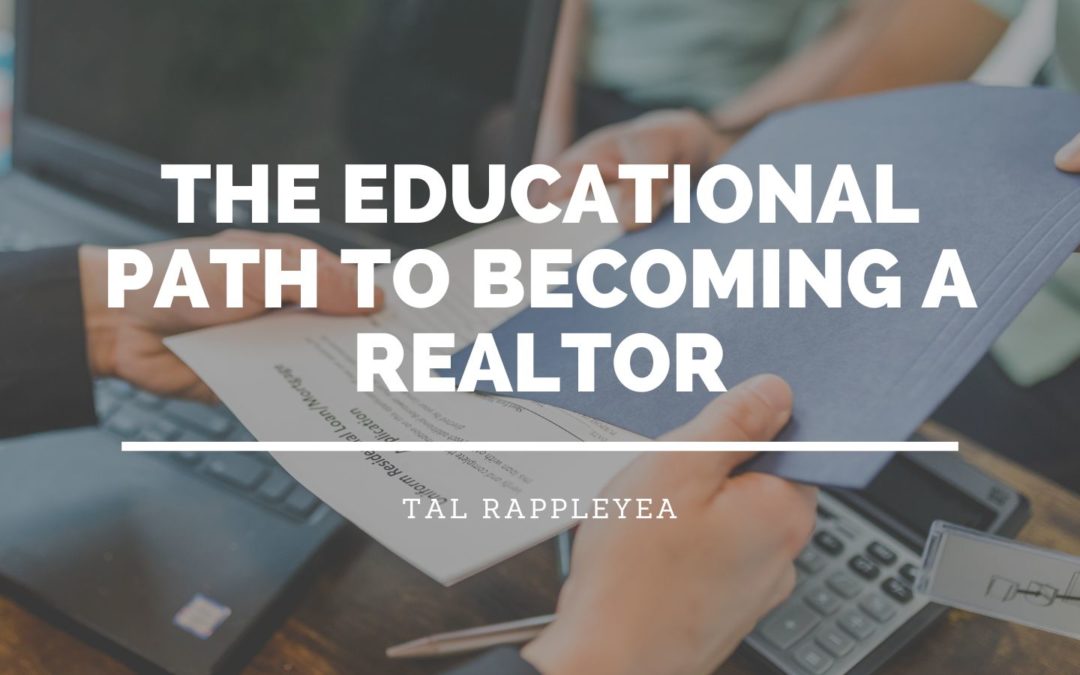The first step in becoming a realtor is to earn your high school diploma or equivalent. This is the minimum requirement to be eligible for most real estate programs. After receiving your certificate, enrolling in a real estate pre-licensing course is next. The classes are designed to provide you with the necessary skills to pass the real estate licensing exam.
In addition to earning certifications, most states require a certain number of coursework hours, typically 60 to 120. Various institutions offer these courses. This includes community colleges, universities, and online education providers. Choosing a reputable institution that the state’s real estate commission accredits is essential. In addition to coursework, some states require applicants to have completed a certain number of real estate transactions or to have worked in the industry for a certain period before being eligible to take the subsequent step.
After completing the pre-licensing coursework, the next phase is to pass the real estate licensing exam. The exam covers various topics, including real estate law, financing, contracts, property management, and ethics. The exam is typically divided into two parts: a national portion covering general real estate knowledge and a state-specific amount covering local laws and regulations.
Once you have passed the licensing exam, you must obtain a realtor license. This involves applying to the state’s real estate commission and paying a fee. You must also complete the pre-licensing coursework and pass the licensing exam. In addition to obtaining a real estate license, many realtors pursue additional certifications and designations to further their education and enhance their skills.
Many different certificates and appointments are available, depending on the areas of specialization and the level of expertise. Some of the most popular titles include Certified Residential Specialist (CRS), Accredited Buyer’s Representative (ABR), and Certified Commercial Investment Member (CCIM). These designations require additional coursework and exams, typically requiring a certain level of experience in the industry. However, they can be valuable in building credibility, expanding your network, and increasing your earning potential.
Becoming a successful realtor requires education, experience, and skills. The educational path to becoming a realtor involves obtaining a high school diploma, completing a pre-licensing course, passing the licensing exam, and obtaining a real estate license. Additional certifications and designations can also be pursued to enhance your skills and expertise further. By following this educational path, you can develop the knowledge and skills necessary to thrive in the competitive world of real estate.
